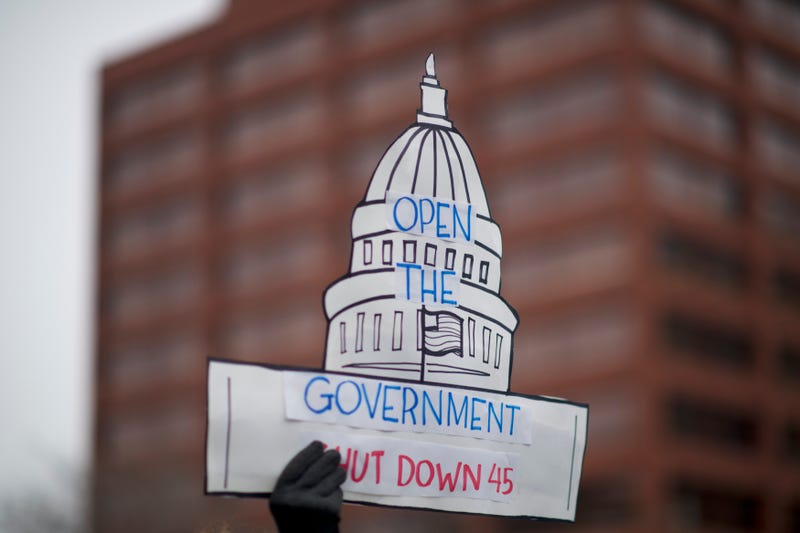Black Federal Employees Disproportionately Affected as Government Shutdown Ties for Longest Ever
Share
Explore Our Galleries
Breaking News!
Today's news and culture by Black and other reporters in the Black and mainstream media.
Ways to Support ABHM?
By Anne Branigin, The Root
The partial government shutdown over Donald Trump’s border wall has now tied for the longest ever, with substantial portions of the federal government nonoperational for the third straight week. And with the stalemate between Trump, Republicans and the Democratically controlled House of Representatives holding strong, that record will likely be broken by Saturday.
Across the country, hundreds of thousands of federal employees working without pay received pay stubs today with a net total of $0.00. And numbers show that black workers, overrepresented in the federal workforce, are disproportionately affected.

According to the Guardian, black people make up 18 percent of the federal workforce (while constituting 12 percent of the U.S. population). And as Jamiles Lartey notes, this overrepresentation can be attributed to decades of hiring discrimination in the private sector. “Following the legislative civil rights gains of the 1960s, government agencies, especially federal, generally held themselves more stringently to anti-discrimination laws than private employers of the era,” he writes.
As with other federal employees, these black workers are now being forced to take leave of absences, or furloughs, or work without pay. And while increasingly growing swaths of the country know the pain of surviving paycheck to paycheck, wealth and income inequality are issues that have disproportionately affected African Americans for generations…
Read full article here
View more Breaking News here
View more galleries from the ABHM here









Comments Are Welcome
Note: We moderate submissions in order to create a space for meaningful dialogue, a space where museum visitors – adults and youth –– can exchange informed, thoughtful, and relevant comments that add value to our exhibits.
Racial slurs, personal attacks, obscenity, profanity, and SHOUTING do not meet the above standard. Such comments are posted in the exhibit Hateful Speech. Commercial promotions, impersonations, and incoherent comments likewise fail to meet our goals, so will not be posted. Submissions longer than 120 words will be shortened.
See our full Comments Policy here.